Could you first introduce yourself to the reader?
I’m Johanna Hadley and I’m a ballet teacher at the Janet Lomas School of Dancing in Bury, Lancashire. This is our family-run business, founded by my mum 42 years ago.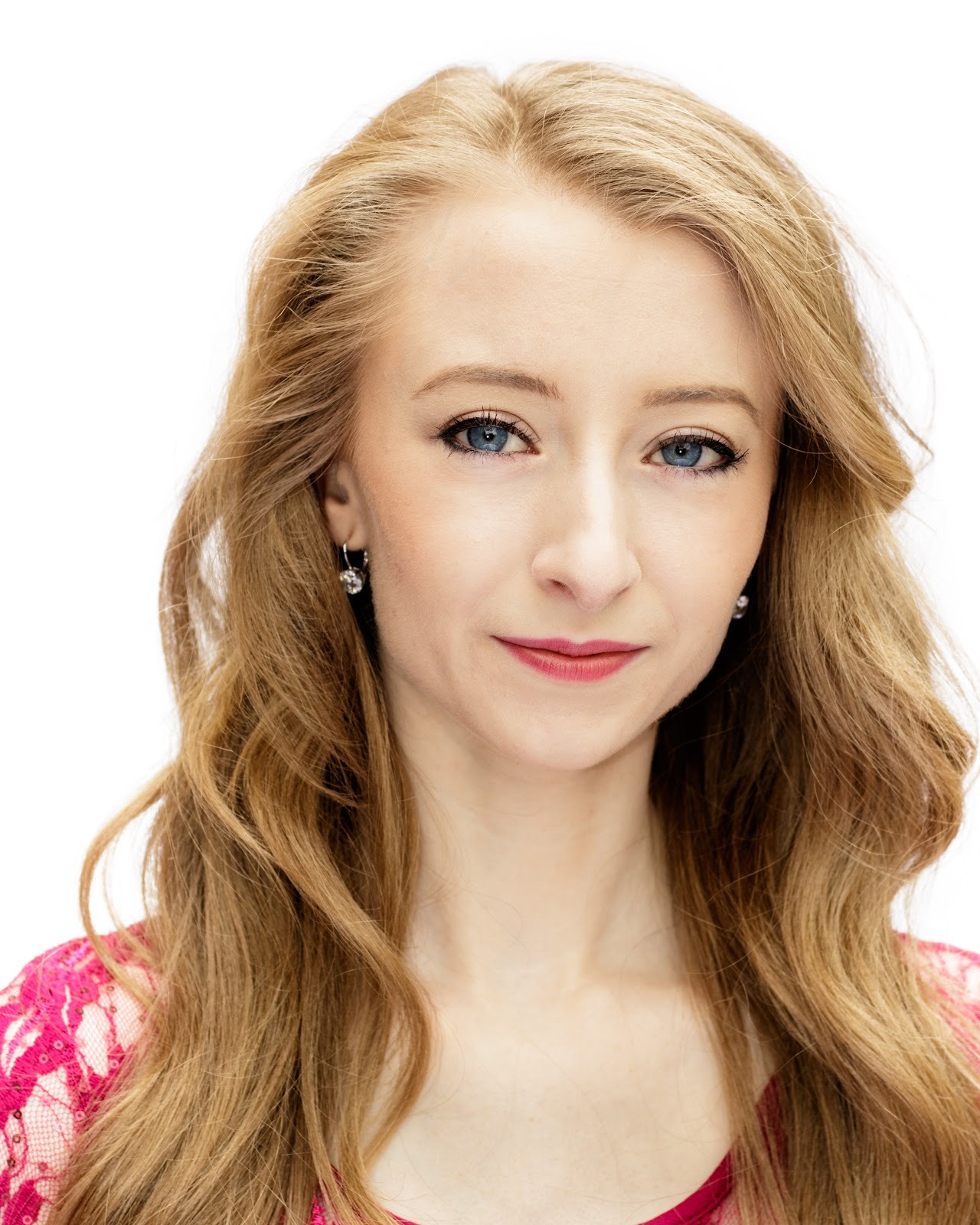
At the school, I teach children aged 4-18 years from beginner to advanced levels in classical ballet, tap and modern. I’m honoured to have had my students accepted into some of the UK’s top full-time ballet schools (including the Royal Ballet School, Elmhurst Ballet School, Tring Park School for the Performing Arts), ballet associate programmes, and cast in professional ballet productions.
In 2017, I became a Silver Swans® licensee and began teaching Silver Swans® ballet classes (ballet classes for the over 55s) as part of the Royal Academy of Dance’s Silver Swans® pilot programme. I was fortunate to start the first class in Lancashire. Before the Covid-19 pandemic, I taught over 100 Silver Swans each week in Bury, with participants travelling from across Greater Manchester, Lancashire and Cheshire.
I hold my Imperial Society of Teachers of Dancing Licentiate in Imperial Classical Ballet, Diploma in Dance Education in Tap and Modern Theatre, Level 3 Progressing Ballet Technique and Associate of the Royal Academy of Dance.
What does your creative career involve? Give us the typical outline of a day?
One of the best things about my job is that no two days are the same. Although I have a regular timetable of classes that run throughout the week, there are always several other activities and events on the go. As it is our family business, there is a significant amount of time spent each day on administration – which, fortunately, I love to do! 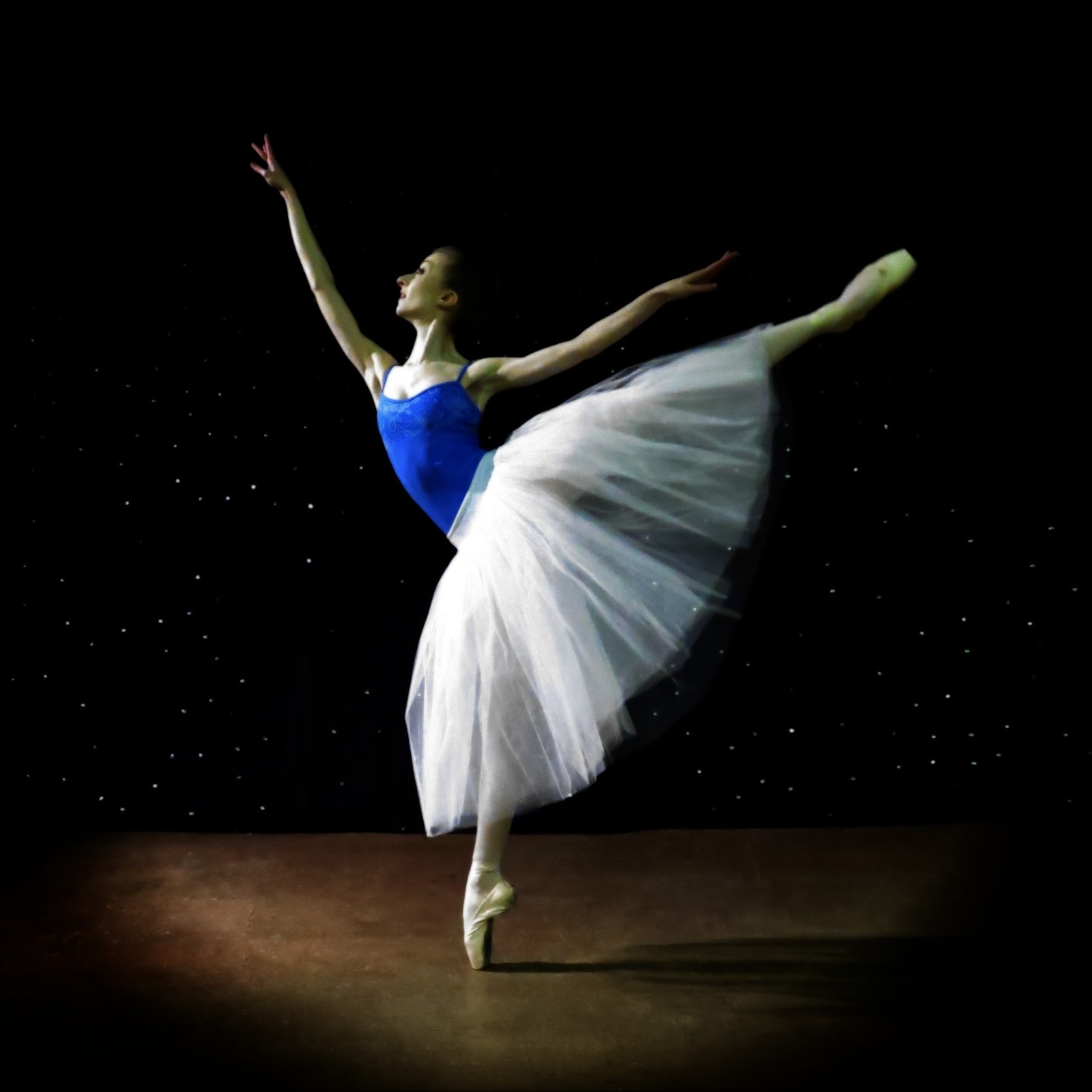
It is quite difficult to schedule your day because, as a dance teacher, you’re typically teaching in the evening. I normally start the working day at around 10am doing things like replying to emails, scheduling social media posts, updating accounts, making class plans, choreographing exercises etc. I teach my Silver Swans® classes in the daytime, so these are a lovely break from sitting in front of a computer.
On a weekday, I usually teach the children’s department of our school from 5:00-9:00pm. I also teach all day on a Saturday, so I try to give myself one day off midweek in lieu of this; one of the perks of it being our family business is that I can be quite flexible with this. There are, however, things like competitions, school social events, exams and performances that can take weeks of preparation in addition to the usual schedule.
I also work as a Technical Consultant for an international dancewear retailer, Dancewear Central. I work on their photoshoots as Technical Consultant and also create online content, such as blogs and videos, for them. On the photoshoots, I work with young students, vocational students and professional dancers from ballet companies such as the Royal Ballet, Northern Ballet and English National Ballet to ensure that everyone is holding positions that are technically correct and consistent across shots, and are also showing the garments at their best. I am then involved in the selection process of images for website content and catalogues. It is work like this that provides such variety to the working week – plus, it’s fantastic seeing the next season’s dancewear line before its release!
What does being a dancer mean to you? 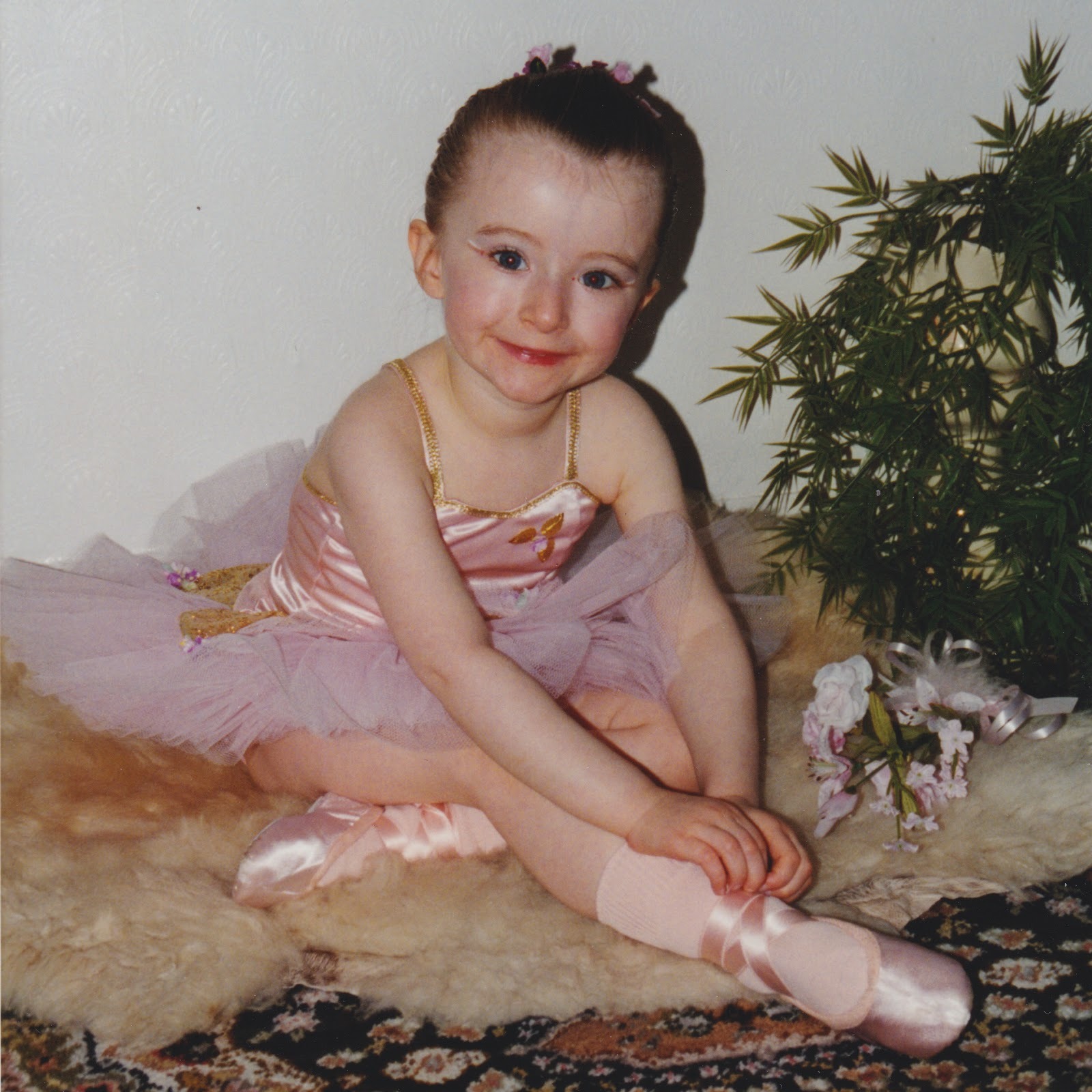
As the daughter of a dance teacher, I grew up surrounded by dancing. My parents never forced me into dance – it was something I wanted to do. I trained as a dancer and took all my dance exams up to and including the highest vocational examinations attainable as a dancer, Advanced Two. I achieved this with Distinctions in all styles of dance – RAD Ballet, ISTD Imperial Classical Ballet, ISTD Tap and ISTD Modern Theatre.
I was unable to dance professionally as I was diagnosed with a heart arrhythmia aged 19, but I still managed to work as a dance model for professional photoshoots. After this diagnosis, I didn’t go into teaching reluctantly: I had always wanted to teach – the diagnosis simply brought my teaching career forwards. I had always thought that being a dancer would be the ultimate goal and would mean the most to me. But as life goes on, I increasingly believe that everything happens for a reason, as clichéd as that may sound.
Being a dance teacher has brought such joy. I have been fortunate to have had many amazing opportunities, whether that’s teaching a young beginner in their first ballet class, helping a student to achieve their goal of becoming a professional dancer or teaching an 80-year-old ballet student who is returning to classes after many years. All of these things make teaching dance varied and rewarding.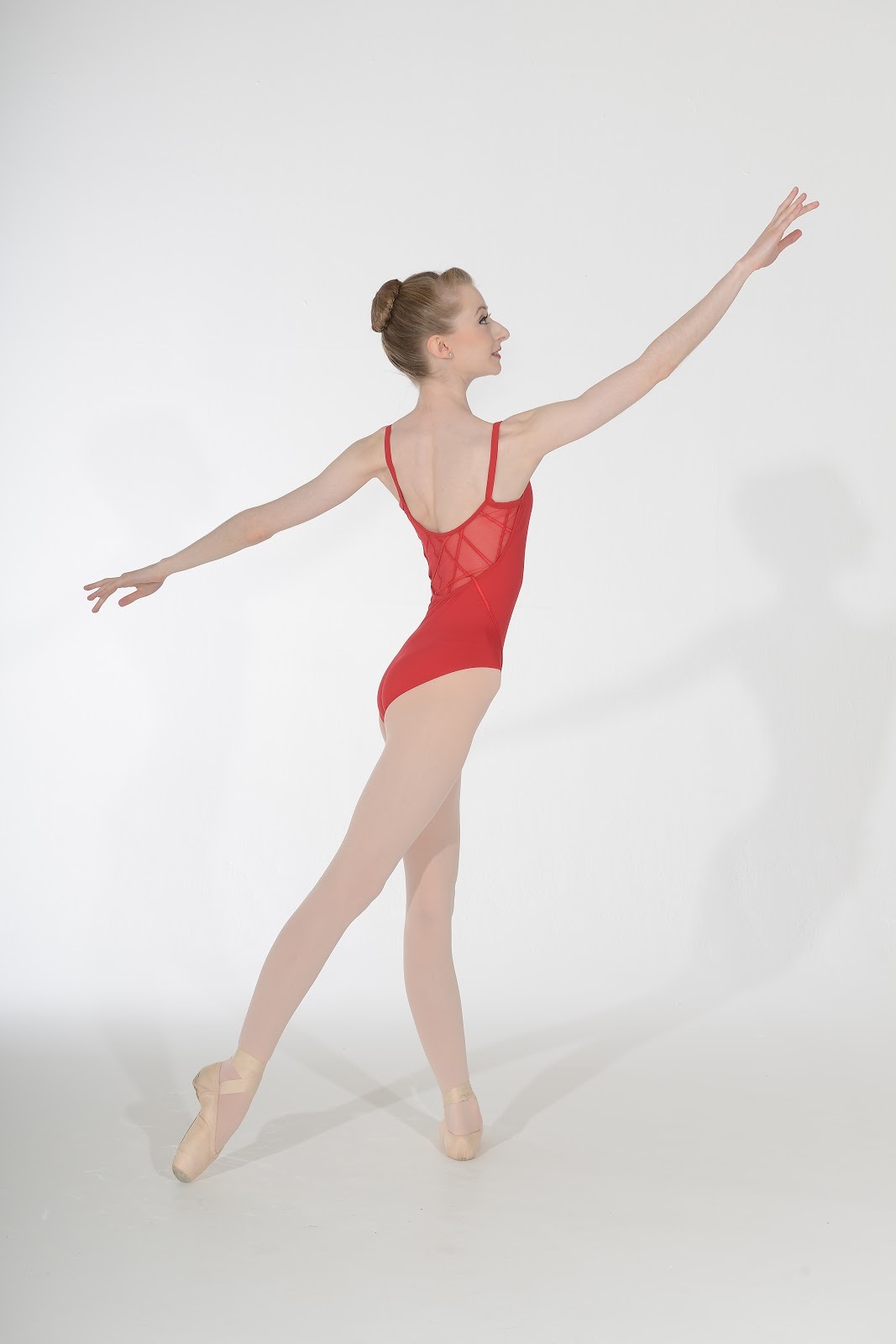 Photo credit: Dancewear Central
Photo credit: Dancewear Central
Being a dance teacher is much more than just teaching dance: you’re a choreographer, events manager, PR specialist, business manager, marketing professional, hair and make-up artist, customer services representative, website builder, SEO specialist, costume supervisor, to name just a few!
What’s great about your job?
I love the variety that my job brings. I also love working alongside my family in the business: we don’t have team members who don’t get along and we often naturally have the same opinion when making decisions. It works well for us and we are all accountable for the success of the business.
What are the bits you don’t like or find challenging?
The hours aren’t very sociable. When your friends are all relaxing after a long day at work, you’re teaching pliés and battement frappés. It’s often difficult to wind down after teaching (especially as it’s such a physical job), which means dance teachers aren’t usually morning people!
Do you think there’s any misconceptions with your job?
I know I’m not alone in being asked, “Yes, but what’s your real job?” This really hurts. A common misconception is that, as dance teachers, we just dress up in a pink tutu, complete with fairy wings and wand, to teach a pre-school class once a week as a hobby. Ballet is a serious profession and can be a deeply rewarding career, either as a dancer or dance teacher. It isn’t something only young children do.
What are the highlights of your career to date?
I have been lucky enough to have my classes widely featured in the media, such as on BBC North West Tonight, BBC Radio Manchester, CBBC Newsround and in national newspapers. The biggest highlight has to be filming with Dame Darcey Bussell (ex-Royal Ballet and Strictly Come Dancing judge) for her BBC documentary Darcey Bussell: Dancing to Happiness. It was a programme highlighting the mental health benefits of dance; it was incredible to be a part of this. Darcey visited us and joined in with my Silver Swans® ballet class in Bury as part of the filming. Darcey was the ballerina who was my role model while growing up – in fact, my first ballet book was written by Darcey! So being able to film with her for this, and to have her participating in my ballet class, is something I’ll never forget.
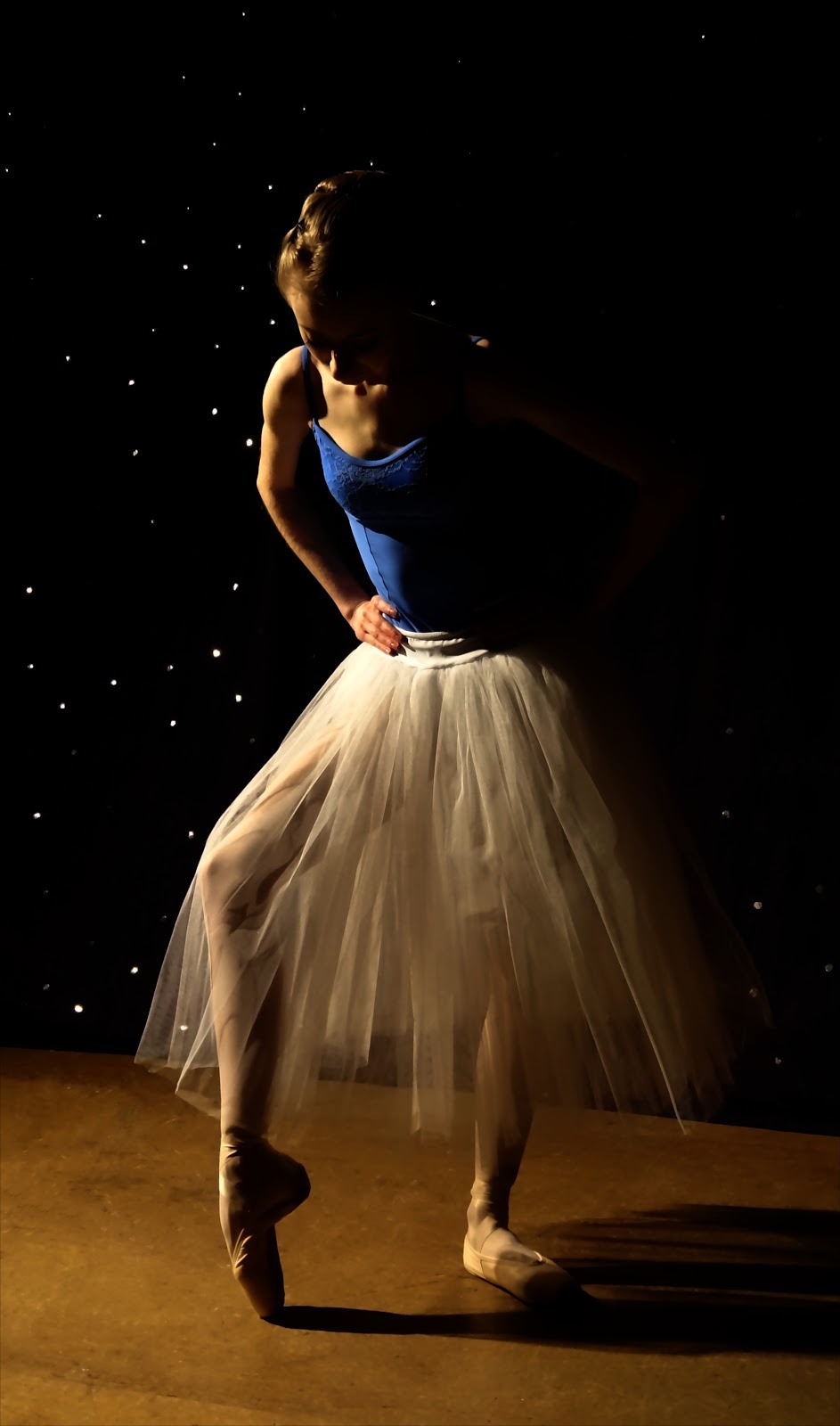
What was your career path into this job? Have you also worked outside the arts?
I trained as both a pianist and dancer from a young age. I was torn between which path to choose as my career. I studied as a pianist at Chetham’s School of Music and I hold both my Licentiate in Piano Recital and Associate in Music Theory and Composition – I firmly believe that this musical education aids my dance-teaching practices today. I actually accepted my place at a music conservatoire to train to become a pianist for dance, but a few weeks later walked it back. I just couldn’t imagine myself sitting in the corner playing for ballet classes – I would either want to be dancing in the class or correcting someone!
I can’t easily put a date on when I started ballet. Even as a baby, I’d be taken along to my mum’s ballet classes. From childhood through to adulthood, I worked hard to gain all of my dance exams and teaching qualifications, and I shadowed my mum in her classes. I went straight away into teaching at our school, but I have also had extra jobs and volunteer roles, all within the arts.
I think that even if I had pursued a career in music, my dance training would have been invaluable. For this reason, I always advise people to keep their options open for as long as possible. Hobbies, interests, jobs (even voluntary roles) will always benefit you somehow in the long run, even if they don’t appear to be linked at the time.
Can you describe your biggest challenge so far in your career? How did you overcome it?
This undoubtedly has to be the Covid-19 pandemic. How would we continue with dance classes when we weren’t allowed to meet in person? Would online classes even work? There was so much uncertainty at the start of the first lockdown and no one knew if their business would survive. It was definitely a sink-or-swim moment. We decided to take all our classes online, which has brought about an entirely new side to our business. I wouldn’t pretend that it wasn’t a difficult start, but we now have people joining our classes from across the UK and abroad. When lockdown ends and we have returned to in-person classes, we will still be continuing with some online classes because they have been so popular. Moving classes online was certainly a risk worth taking.
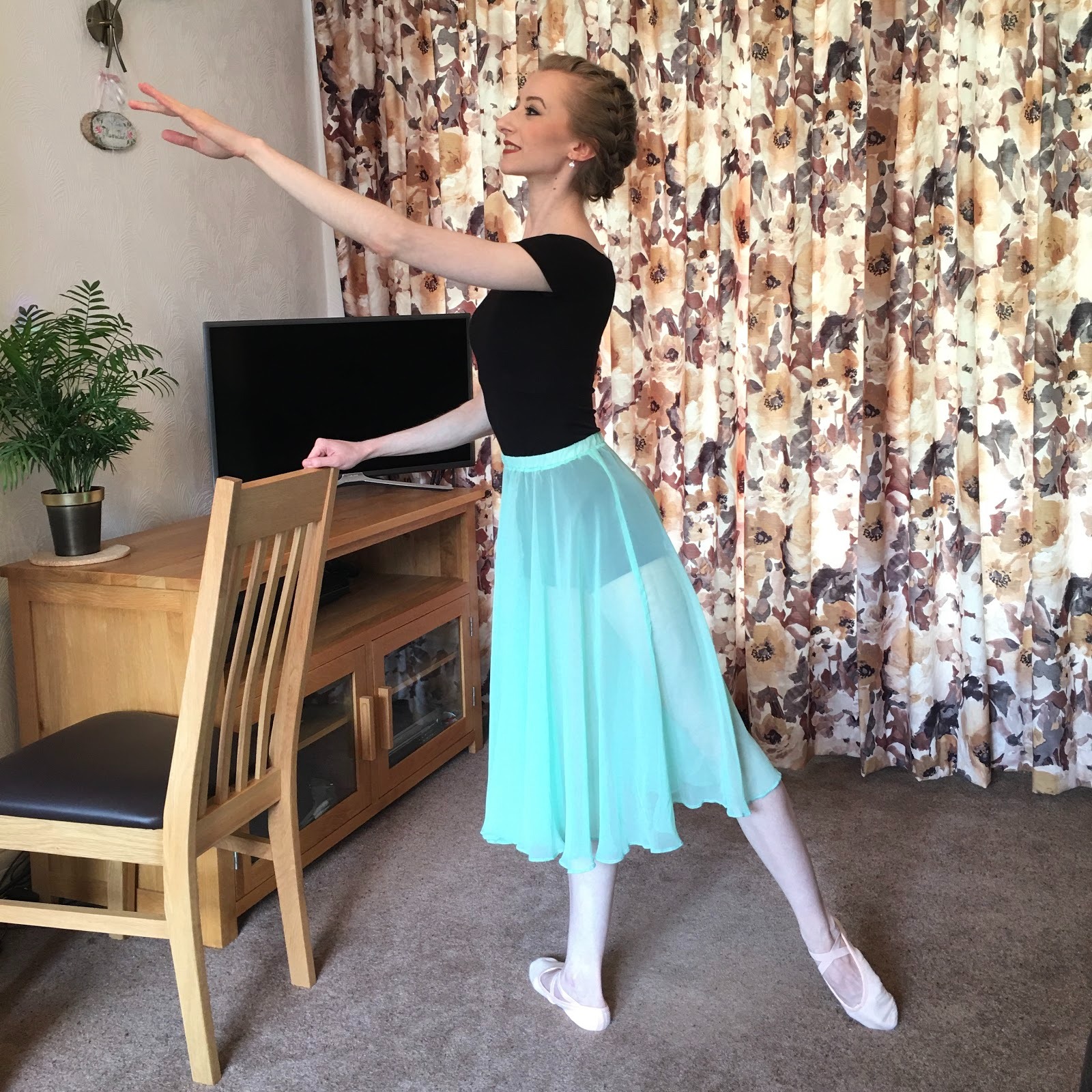 Johanna striking a pose for her online classes
Johanna striking a pose for her online classes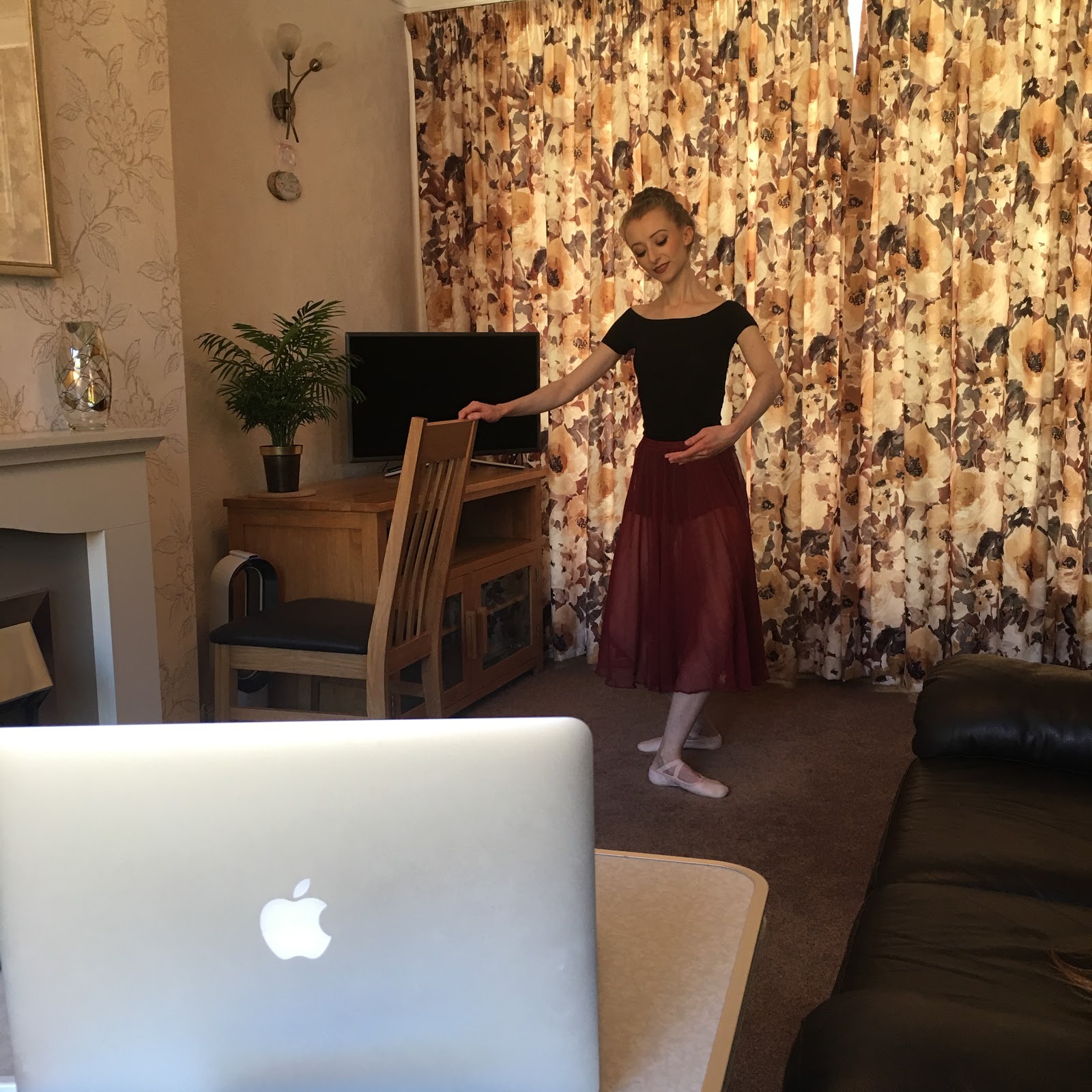 Online Zoom ballet class
Online Zoom ballet classHave you noticed any changes in the industry? If so, what?
The role of a dance teacher has changed significantly over the years. When my mum opened her school, there wasn’t such an emphasis on the business side of running a school. Competition is fierce in the area of dance schools/performing arts schools now: there are so many schools offering dance, meaning you have to work hard at your business.
To comment on the dance industry as a whole, however, a big change is to the inclusivity of dance. Perhaps the most notable change has been the creation of ballet shoes and tights that match black and mixed-race skin tones. There are also programmes to enable a more diverse range of people to access and participate in dance. The dance world still isn’t perfect, but it’s undergoing some large changes and appears to be heading in the right direction.
You’ve been granted the ability to send a message to a 16-year-old you. What do you say?
Without a doubt, to stop worrying about what you’re going to do with your career – everything will turn out OK! You don’t need to have the answers straight away. Take every opportunity you can as it will all help in the long term.
Do you have any advice for young people interested in doing your kind of job?
It’s so important to undergo formal training to receive teaching qualifications. Unfortunately, the dance world is unregulated and anyone could open a dance school – even without having taken a dance class in their life. Teacher training will ensure that you are coaching dancers safely. The time you invest in proper training will be repaid by the support you are able to give to your students.

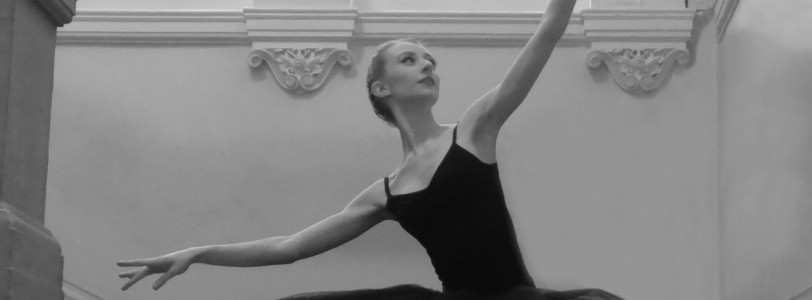

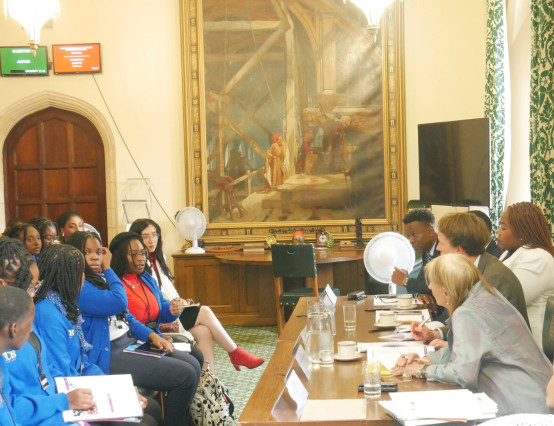



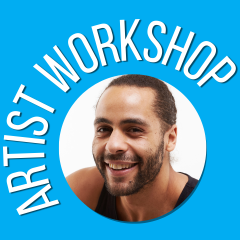
0 Comments